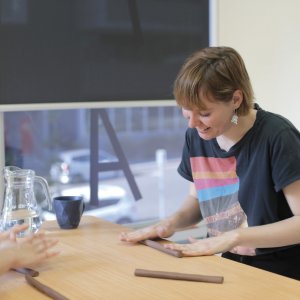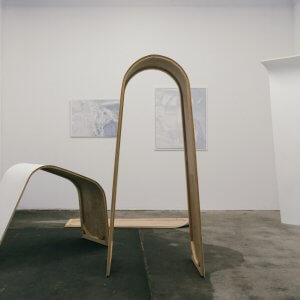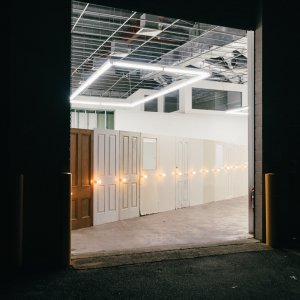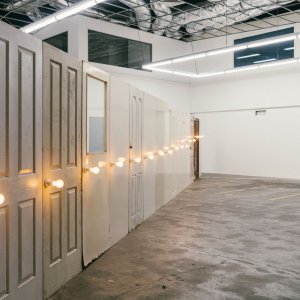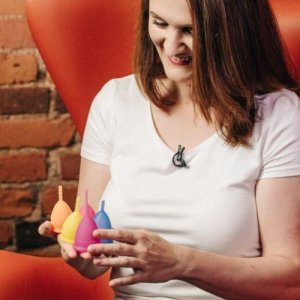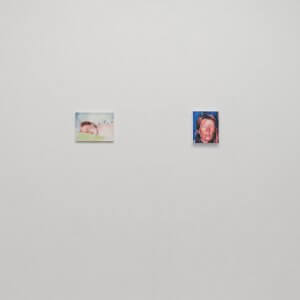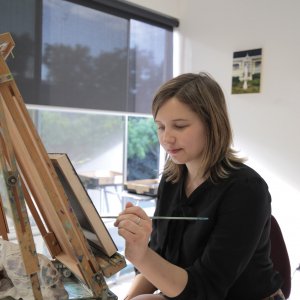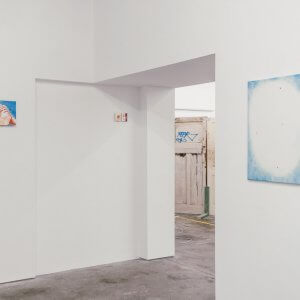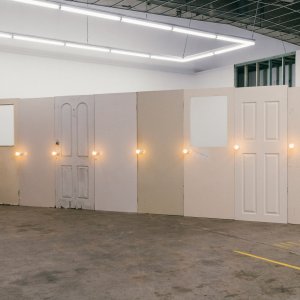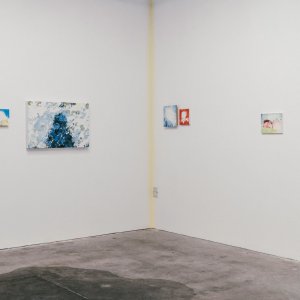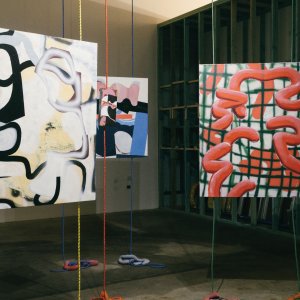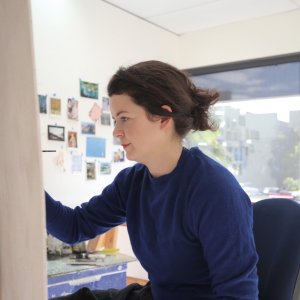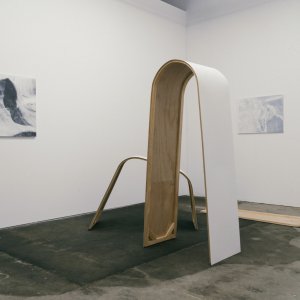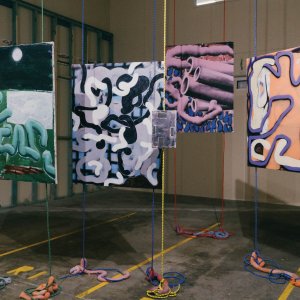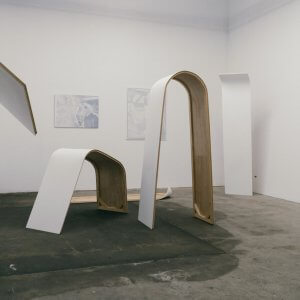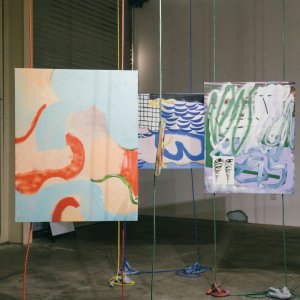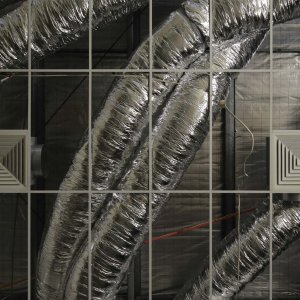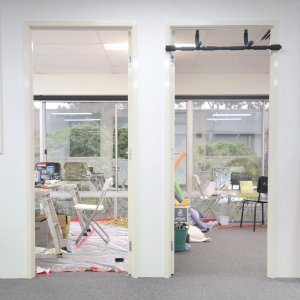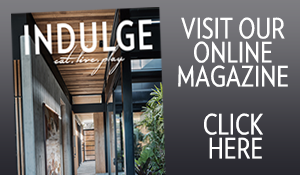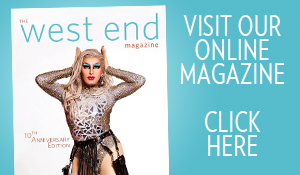As if looking down from the galaxies, the new Outer Space Gallery in West End is designed to change the way we view art and the world around us — the earth on which we live.
Outer Space is an artist run gallery dedicated to education, career development and community engagement within the arts. The gallery’s roots were laid in 2016 as a passion project between artists Caity Reynolds and Llewellyn Millhouse. Committed to giving fellow artists a platform to show their ambitious and experimental contemporary works, they started the gallery as a catalyst for important conversations — and not just in the arts world. “One of our first exhibitions that we started in our new space was two trans artists exploring the concept of representation,” Caity explained. “I think that’s an important narrative for everyone to hear, not just people who are a part of the contemporary art community.”
Caity acknowledges West End as a haven for open minded individuals who are generally receptive to such discussions, but maybe have not had the opportunity to engage in them yet. “The location allows us to get them in the door and start that conversation. To say, ‘The narratives of contemporary art are important and these are important voices to listen to’.” Caity also believes contemporary art specifically is often unfairly and prejudicially viewed. “I think there’s this barrier that contemporary art isn’t for everyone; that you need an education to engage with it. It’s pretentious or it’s not accessible, and we’d like to refute that.”
To make the gallery more accessible, at Outer Space, artists are not required to pay to be exhibited, nor are they charged commission. In fact, they are compensated. “We pay the artists who exhibit with us, we believe that all arts workers deserve to be paid for their work, and art is valuable work, which is different to how other galleries are run.” But that is not the only way in which this gallery is unique. Aspiring artists interested in exhibiting with the space put in an application, which is then voted on by a panel of six voluntary board members. Factors like whether their work is interesting, challenging and important to existing discourse in the arts are all considered. The recognisability of the artist is not. “It’s incredibly democratic; we take votes on all decisions, and we share our concerns, and everyone gets an opportunity to say their piece,” Caity explains, comparing the team to a family of sorts. “There’s a lot of love and respect.”
When asked what she sees for the future of Outer Space, Caity says she hopes to provide a platform for more culturally diverse artworks that reflect on the traditional stories of the area. “Brisbane is very privileged to have so many incredible indigenous artists and we want to share that narrative.”
Founded on the premise of provoking discourse, giving talented but under represented artists a platform, and supporting a structural shift that pays creatives for the services they provide, Outer Space is the epitome of the 4101 ethos.
Readers also enjoyed this story about the Verge Collective.


